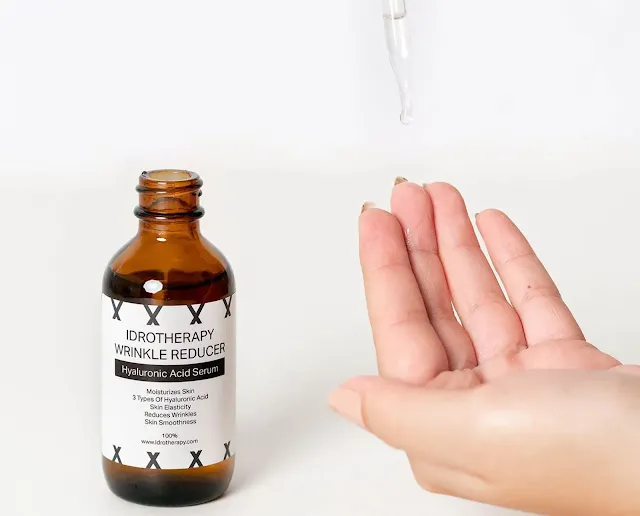Hyaluronic acid (HA) has become a holy grail ingredient in skincare for its ability to hydrate, plump, and smooth skin. However, its popularity has led to counterfeit versions flooding the market. Fake HA not only fails to deliver results but may also irritate your skin. Here’s how to identify genuine hyaluronic acid in your skincare products.
1. Check the Ingredient List
Authentic hyaluronic acid is listed as sodium hyaluronate, hyaluronan, or hydrolyzed hyaluronic acid on product labels. Avoid products that vaguely claim “HA complex” or “hyaluronic acid derivatives” without specifying the form. High-quality HA typically appears in the top five ingredients. If it’s too far down the list, the concentration may be too low to work effectively.
2. Assess Texture and Absorption
Real hyaluronic acid has a lightweight, slightly viscous texture that absorbs quickly into the skin without leaving a sticky residue. Fake HA might feel overly thick, greasy, or sit on the skin’s surface. Test a small amount: genuine HA should create an immediate “plumping” effect as it binds moisture.
3. Research the Brand’s Reputation
Reputable brands invest in third-party testing and provide Certificates of Analysis (CoA) upon request. Check if the company discloses its HA source—authentic HA is often derived from biofermentation. Avoid brands with a history of misleading claims or lack of transparency.
4. Beware of Unrealistic Pricing
High-quality HA is expensive to produce. If a product claims to contain “pure hyaluronic acid” but is suspiciously cheap, it likely uses diluted or synthetic substitutes. Compare prices with trusted brands like The Ordinary or SkinCeuticals for reference.
5. Patch Test for Reactions
Counterfeit HA may contain irritants like harsh alcohols or fillers. Apply the product to your inner forearm and wait 24 hours. Genuine HA rarely causes redness or itching, while fake versions might trigger sensitivity.
6. Look for pH-Balanced Formulas
Authentic HA works best in slightly acidic formulas (pH 4.5–6.5). Use pH test strips to verify. Fake products often skip pH adjustments, reducing HA’s efficacy.
7. Verify Certifications
Seal certifications like COSMOS, ECOCERT, or Cruelty-Free indicate rigorous quality checks. These logos are rarely found on counterfeit items.
Final Tips
Always purchase skincare from authorized retailers or brand websites. Social media ads promoting “discounted HA serums” are red flags. Remember, authentic hyaluronic acid delivers visible hydration within days—if your skin feels drier or looks uneven, you might have a fake.

